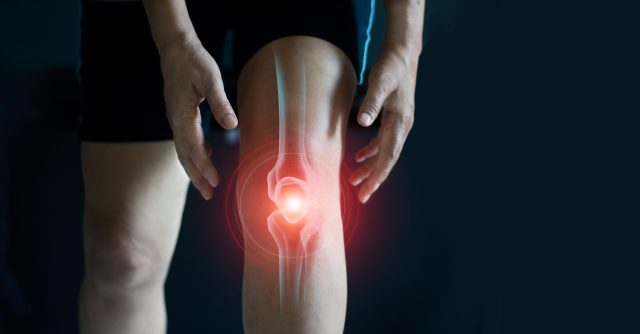
Cracking joints are a common experience for many people. Whether it’s your knees, fingers, or back, the sounds can be both fascinating and concerning. Some people worry that these noises might indicate a serious problem, while others simply find them annoying. Understanding the reasons behind joint cracking can help dispel myths and address any potential concerns.
Gas Bubbles in the Joint Fluid
One of the most common reasons for joint cracking is the presence of gas bubbles in the synovial fluid. This fluid lubricates your joints, and when you stretch or move them, pressure changes can cause gas bubbles to form and collapse, creating a popping sound. This process is generally harmless and is akin to the noise made when popping your knuckles.
Ligament or Tendon Movement
Ligaments and tendons are tissues that connect your bones and muscles, and they can sometimes move out of place and snap back, causing a cracking sound. This is especially common in joints that are frequently used, such as the shoulders and knees. The noise occurs when the ligament or tendon shifts slightly from its normal position and then returns.
Changes in Joint Pressure
Changes in joint pressure can also cause cracking sounds. This often happens during movements that stretch the joint capsule, such as twisting or bending. The alteration in pressure within the joint capsule can lead to a popping noise. Activities like standing up quickly or engaging in certain exercises can lead to these pressure changes.
Age-Related Changes
As we age, our joints undergo various changes that can contribute to cracking sounds. The cartilage that cushions our joints may wear down, and the synovial fluid can decrease, leading to increased friction. Older adults may notice more frequent cracking noises due to these natural aging processes.
Arthritis and Joint Cracking
Arthritis, particularly osteoarthritis, can cause joints to crack more frequently. This condition leads to the breakdown of cartilage, resulting in rough surfaces that can create noise when they rub together. Rheumatoid arthritis, an inflammatory condition, can also lead to joint noises due to inflammation and damage to the joint structures.

Injury or Trauma
Previous injuries or trauma to a joint can lead to chronic cracking noises. Scar tissue or structural changes from the injury may alter the way the joint moves, causing it to make noise. For instance, a sprained ankle or a knee injury might result in ongoing joint sounds long after the initial injury has healed.
Hypermobility and Joint Cracking
People with hypermobility, or joints that move beyond the normal range of motion, are more likely to experience joint cracking. This condition, sometimes referred to as being “double-jointed,” means that the joints are more flexible and can make noise more easily due to the increased movement within the joint.
Lack of Joint Support
Weak muscles around a joint can lead to more frequent cracking sounds. Muscles play a crucial role in supporting and stabilizing joints. When these muscles are weak or not well-toned, the joint may move more than it should, leading to increased cracking noises. Strengthening exercises can help reduce this issue.
When to See a Doctor
While occasional joint cracking is usually harmless, there are times when it may indicate a more serious issue. If the cracking is accompanied by pain, swelling, or limited movement, it’s essential to seek medical advice. Persistent or severe symptoms could be a sign of an underlying condition that needs professional evaluation and treatment.
Understanding and Managing Joint Cracking
Understanding why your joints crack can help you address any concerns and take appropriate actions. Most joint cracking is benign and can be managed with lifestyle changes, such as regular exercise, maintaining a healthy weight, and staying hydrated. If you’re ever in doubt, consulting a healthcare professional can provide peace of mind and ensure your joints remain healthy.














